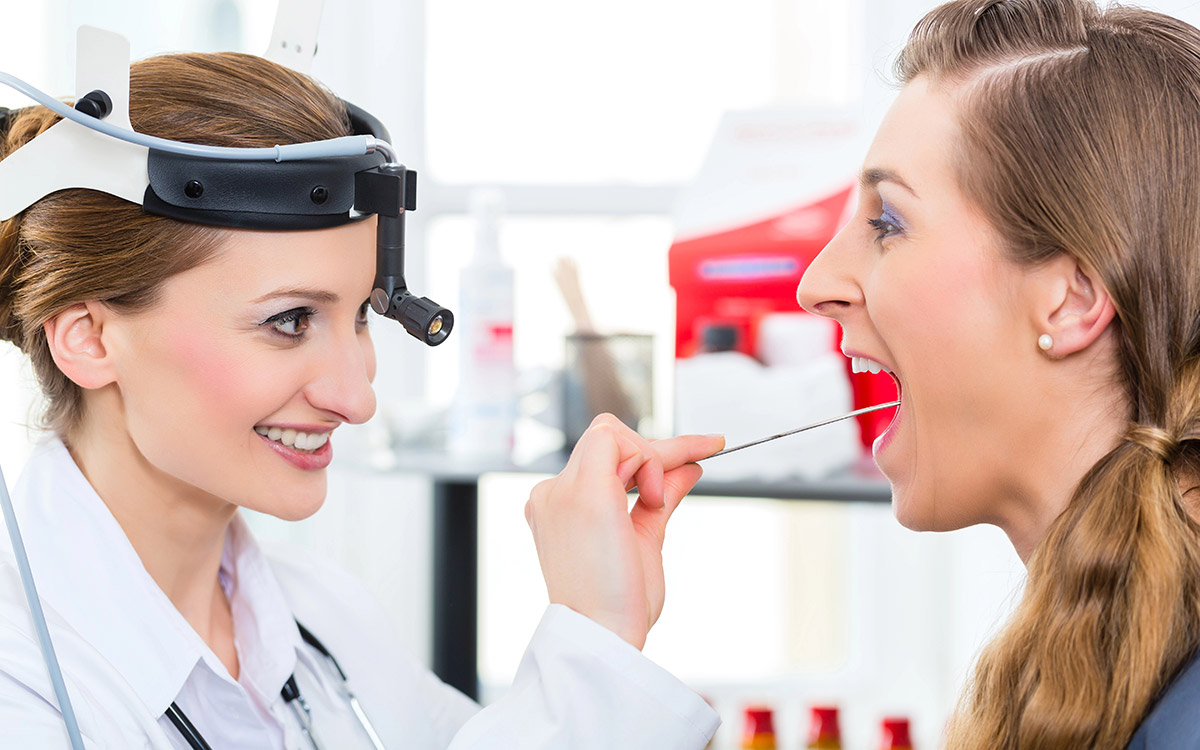Hormone decline as we age can have a terrible impact on our health and sense of well-being. Hormone replacement therapy can be the key to better health and wellness.
As we age, the decline in hormones can cause devastating effects on our bodies and sense of well-being. For those dealing with fatigue, depression, or unexpected weight gain, it’s essential to understand that hormone imbalances may be at play, and Hormone Replacement Therapy (HRT) may provide beneficial relief.
HRT can be a powerful key to unlocking improved health and wellness. Unfortunately, most people don’t realize they are living with the effects of hormone imbalance.
This article covers some typical indications and effects of hormone imbalance. The information can help you make more informed choices regarding your health and well-being.
Common Signs and Symptoms Associated with Hormonal Imbalance
These include:
Low Sex Drive
Low sex drive is one of the most common hormone imbalance signs. Our hormones are essential to our health, especially sexual arousal and reproductive health. When these hormones fluctuate, they can lower libido and decrease sex drive. Hormones, such as testosterone, progesterone, and estrogen, play a role in libido and arousal.
When any one of these hormones decline, one may find that their sexual desire decreases significantly. While low sex drive can affect both men and women, it’s more common in women who experience hormonal disruption or imbalance due to age-related issues or certain medications.
Vaginal Dryness or Painful Intercourse
Vaginal dryness or painful intercourse can indicate an underlying hormone imbalance. Low estrogen or progesterone levels, the two primary hormones for sexual health, cause the vaginal mucous membranes to become thin, dry, and irritated. This can lead to burning, itching, difficulty lubricating during intercourse, and even vaginal infections.
Some common causes of this hormonal imbalance include childbirth, menopause, contraception use, chemotherapy/radiation treatment for cancer, and medical conditions related to hormone production or chronic stress. Treating these underlying issues is critical to restoring balance in your reproductive hormones.
Hot flashes and Night Sweats
Hot flashes and night sweats are prevalent hormone imbalance symptoms, particularly in women. Usually occurring as bouts of intense heat, hot flashes can last anywhere from 30 seconds to several minutes and come with increased heart rate, sweating, and flushed skin. Night sweats present similar but often with more persistent feelings of warmth during sleep.
Lifestyle changes like improving diet, exercising regularly, and managing stress may relieve milder symptoms. Yet, seeking medical help from specialists with expertise in hormone regulation is highly recommended for those with chronic or severe experiences with hot flashes or night sweats, as hormonal imbalance is treated most effectively through HRT.
Weight gain and Difficulty Losing Weight
Weight gain and difficulty losing weight can indicate hormone imbalance. Fluctuations in hormones like estrogen, progesterone, testosterone, insulin, and cortisol can increase appetite and cravings for unhealthy foods. Unstable hormones can also slow down your metabolism and cause you to burn fewer calories.
Seeking help from a healthcare professional is the first step if you suffer from a hormonal imbalance related to your weight. A hormone imbalance can have much more severe long-term effects than continuing to have an unhealthy body mass index. HRT may prove beneficial in restoring balance.
Chronic Insomnia
Chronic insomnia is a sign that your hormones are out of balance. The three primary hormones responsible for insomnia are melatonin, cortisol, and progesterone. Melatonin is the hormone responsible for regulating our natural sleep/wake cycle. When hormone levels are out of balance, reaching the balanced condition necessary for successful sleep initiation could take longer.
Cortisol and progesterone also have roles to play. Too much cortisol can create a state of hyper-arousal, while unbalanced progesterone levels can lead to difficulty initiating sleep and maintaining it through the night. HRT provides an effective way to address chronic insomnia due to hormone imbalance. With the correct dose of hormone therapy, symptoms like chronic insomnia can improve significantly over time.
Mood Swings
Mood swings often indicate hormone imbalances, manifesting from irregular production of serotonin, dopamine, and cortisol hormones. These hormones affect the brain’s ability to manage emotions and respond to environmental triggers. Often, when these chemicals are inadequate or unevenly distributed, they can trigger changes in mood or cause shifts in overall emotions.
Thus, people experiencing hormone imbalance may find themselves going between different emotional states quickly and unexpectedly. One can shift from experiencing feelings of anger to anxiety, irritability, or sadness, usually for no apparent reason. Without proper treatment, these ailments could cause significant damage to your physical health and mental well-being. They can also impact your quality of life, making it difficult to cope with daily activities.
Fatigue
Fatigue often signals hormone imbalance, particularly deficiencies in neurotransmitter hormones like melatonin and serotonin and sex hormones like estrogen, progesterone, and testosterone. A shortage of these hormones can reduce energy levels drastically and make people feel tired despite getting enough sleep.
Hair Loss
Hair loss can signify one or more underlying hormone imbalances, particularly those related to androgens. Androgens are responsible for various bodily functions such as growth and development during puberty, sexual development, and the production of sebum, an oily substance that helps keep hair moisturized. When androgens like dihydrotestosterone and testosterone are unbalanced, it can trigger hair loss in both men and women. Typically, hair loss presents as thinning or bald patches on the scalp. If you notice these signs occurring, consult with your doctor about HRT.
Memory Loss
Hormones like cortisol, testosterone, and estrogen affect cognitive functioning and memory. An imbalance of these hormones can impact your ability to store short-term or long-term memories. It may also affect your ability to concentrate and stay focused. Note that what might appear as a sign of dementia or Alzheimer’s Disease could be a hormonal imbalance symptom. Low estrogen levels increase the chances of Alzheimer’s Disease.
Conclusion
If you’re experiencing any of these signs, consult with a professional healthcare provider to determine if Hormone Replacement Therapy is something you should consider. The hormonal balance will provide much-needed relief for those uncomfortable side effects that can interfere with your daily life.










